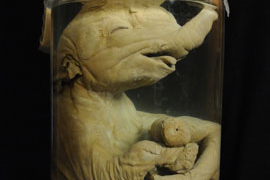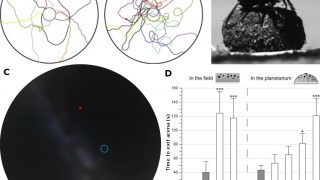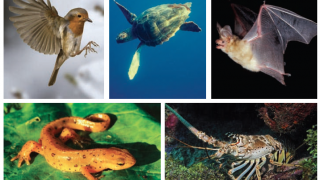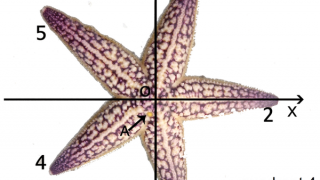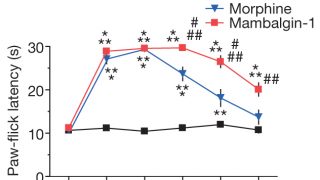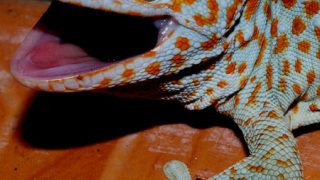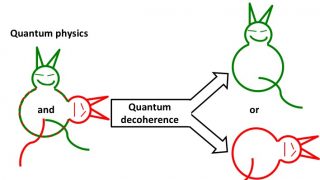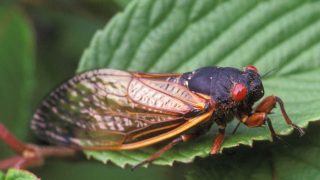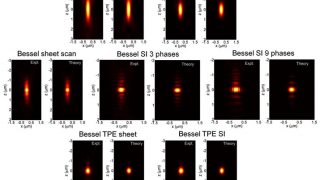
Bessel beam plane illumination microscopy: another smart solution for an old challenge.
Since the emergence of the microscope in the early seventeenth century, many claimed its invention, but many more have tried to improve it. Many problems have been resolved on the way, allowing us to poke directly with our own eyes about the heart of the living or inert matter as far as optical physics allows […]
